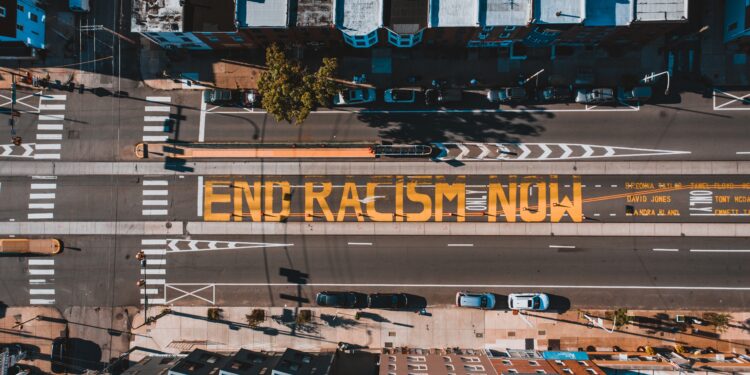In the complex tapestry of American society, the issue of racial profiling and policing has been a persistent and contentious topic. While the United States has made significant progress in civil rights over the years, racial profiling remains a deeply ingrained problem that continues to generate heated debate. This blog post delves into the nuances of racial profiling, its implications, and the ongoing debate over law enforcement in America.
The Complex Nature of Racial Profiling
Racial profiling refers to the practice of law enforcement officers targeting individuals based on their perceived race or ethnicity rather than on evidence of criminal activity. This practice has deep historical roots in the United States and has been used as a tool of control, oppression, and discrimination against minority groups. Despite advances in civil rights and anti-discrimination laws, racial profiling persists in various forms.
Implications of Racial Profiling
Racial profiling has far-reaching consequences for individuals and communities, especially for people of color. It erodes trust between law enforcement and minority communities, leading to a breakdown in the essential relationship between police and the public they serve. When individuals are disproportionately stopped, questioned, or arrested based on their race, it can lead to feelings of fear, resentment, and alienation.
Moreover, racial profiling perpetuates stereotypes and systemic racism. It reinforces the harmful idea that one’s race is a determinant of criminality, stigmatizing entire communities. The cycle continues as this leads to unequal treatment within the criminal justice system, resulting in disparities in arrests, sentencing, and incarceration rates.
The Ongoing Debate
The debate surrounding racial profiling and policing in America is multifaceted and often highly polarized. On one side, there are those who argue that racial profiling is a necessary tool for law enforcement to combat crime effectively. They contend that it allows officers to prioritize their efforts based on statistical crime data, which often indicates higher crime rates in specific neighborhoods or among certain demographics.
Conversely, opponents argue that racial profiling is a violation of civil rights and human dignity. They emphasize that it perpetuates systemic racism and disproportionately affects people of color, causing psychological and emotional trauma. Advocates for police reform argue for transparency, accountability, and cultural sensitivity training within law enforcement agencies.
Steps Toward Change
Recognizing the ongoing debate and the urgent need for change, several steps have been taken to address racial profiling and policing in America:
Body-Worn Cameras: The use of body-worn cameras by police officers has become more widespread, increasing accountability and transparency in interactions with the public.
Community Policing: Emphasizing community engagement and partnerships between law enforcement and local communities can help build trust and reduce racial profiling.
Reforming Policies: Many cities and states have undertaken efforts to reform their policing policies, with a focus on de-escalation training, implicit bias training, and use-of-force policies.
Legislation: Proposed legislation seeks to address racial profiling and its consequences, with a focus on improving data collection and accountability.
Conclusion
The ongoing debate over racial profiling and policing in America reflects the complexity of the issue and the deep-seated divisions within society. While some argue for the necessity of racial profiling for crime prevention, others emphasize the dire need for reform to eliminate systemic racism and protect civil rights.
As we move forward, it is crucial to find common ground and work toward a more just and equitable law enforcement system. This necessitates open dialogue, thoughtful policy changes, and a commitment from both the community and law enforcement to foster understanding and trust. Only through these collaborative efforts can we hope to mitigate the destructive impact of racial profiling and pave the way for a more inclusive and just society.













Recent Comments